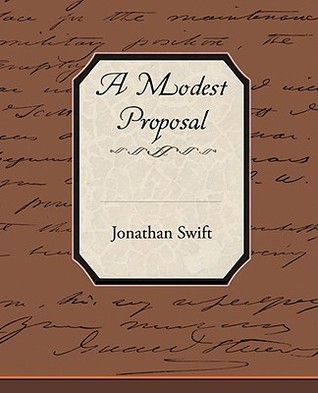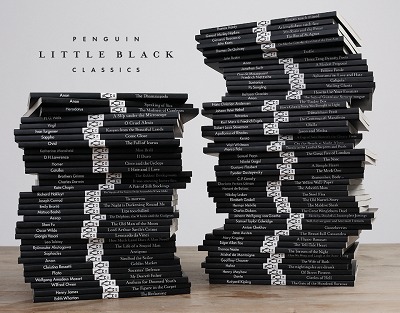What do you think?
Rate this book


48 pages, Paperback
First published January 1, 1729

A Conservationist’s Lament
The world is finite, resources are scarce,
Things are bad and will be worse.
Coal is burned and gas exploded,
Forests cut and soils eroded.
Wells are dry and air’s polluted,
Dust is blowing, trees uprooted,
Oil is going, ores depleted,
Drains receive what is excreted.
Land is sinking, seas are rising,
Man is far too enterprising.
Fire will rage with Man to fan it,
Soon we’ll have a plundered planet.
People breed like fertile rabbits,
People have disgusting habits.
Moral:
The evolutionary plan
Went astray by evolving Man.

The Technologist’s Reply
Man’s potential is quite terrific,
You can’t go back to the Neolithic.
The cream is there for us to skim it,
Knowledge is power, and the sky’s the limit.
Every mouth has hands to feed it,
Food is found when people need it.
All we need is found in granite
Once we have the men to plan it.
Yeast and algae give us meat,
Soil is almost obsolete.
Men can grow to pastures greener
Till all the earth is Pasadena.
Moral:
Man’s a nuisance, Man’s a crackpot.
But only Man can hit the jackpot.









